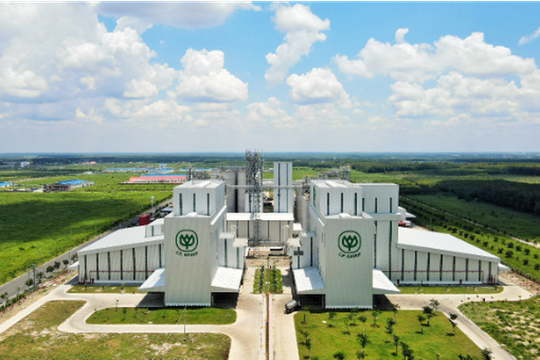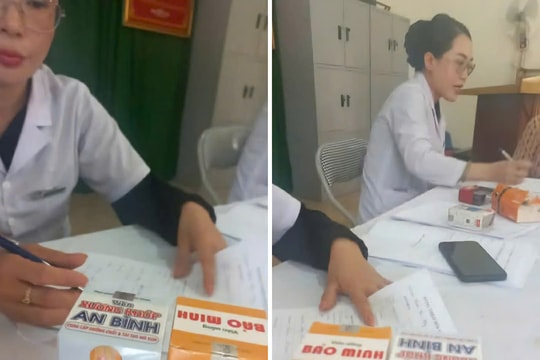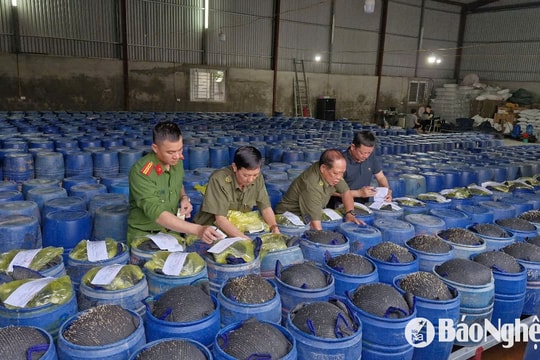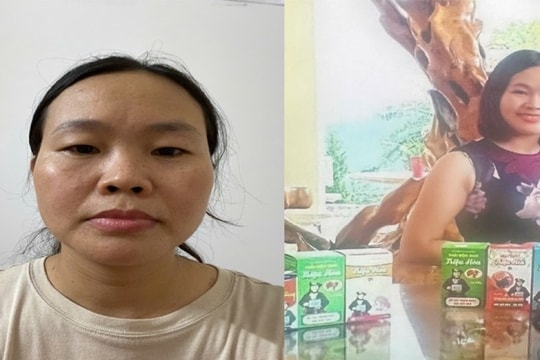What is in the 1,000-ton/year fake rice production line? The food scandal that shocked China
Authorities in Anhui province, China, have just raided and dismantled a fake rice production line disguised as Thai rice with a scale of up to 1,000 tons per year. This is a shocking food scandal after being exposed by the CCTV 3.15 investigation program.
How to turn regular rice into Thai rice
Taking advantage of consumers' preference for foreign products, businesses have used regular domestic rice and old rice, mixed it with aromatic essential oils called Thai rice, then packaged and labeled it fake to sell at high prices.
Just a few drops of the essence advertised as 'natural fragrance of Jasmine rice' can instantly transform a warehouse of domestic rice into a high-end product.
These fragrances are supplied by chemical factories in Shanghai. Alarmingly, flavoring companies such as Shanghai Langfeng do not have a license to produce food additives, but still release a series of rice fragrance essential oils and Thai rice fragrance water into the market as industrial chemical products.
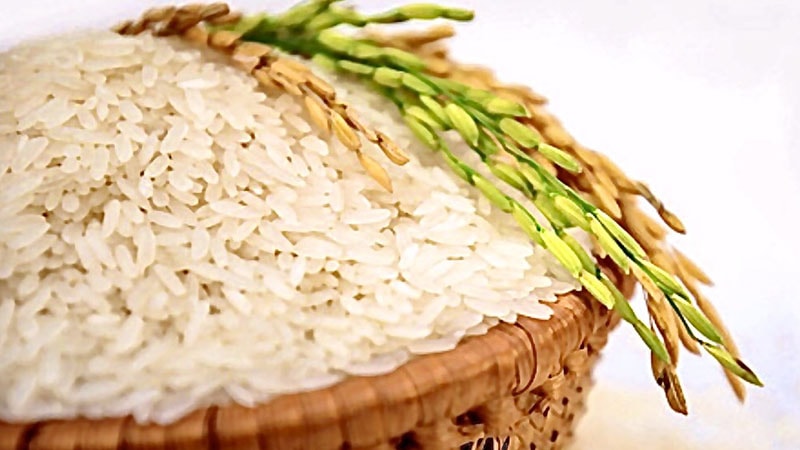
Large scale of operation
The Market Regulation Bureau and economic police of localities such as Hefei, Shouxian and Huainan have simultaneously inspected the suspected factories.
At the scene, authorities discovered more than 15,750 kg of rice packaged with counterfeit trademarks, along with a large amount of packaging, labels and flavorings of unknown origin. The warehouse was immediately sealed, and the company directors were summoned for investigation.
The companies involved include Huong Vuong Technical Food Co., Ltd., Vinh Luong Luong Dau Company, and Tru Phong Cong Mau Company. The total output of fake rice produced by this group is estimated to be up to 1,000 tons per year, most of which is consumed in the southern and eastern provinces of China under the label of 'premium Thai rice'.
The alarming point is that the entire production chain is organized as a sophisticated system: from raw materials, mixing, packaging, to consumption, all take place systematically. However, this behavior has seriously violated China's food safety standards.
Under current regulations, all food additives must be legally licensed and must not be used to deceive consumers.
After the incident was exposed, the Anhui provincial government revoked the business licenses of the offending companies and imposed administrative fines totaling millions of yuan. The Market Supervision Bureau also announced that it would expand its investigation into the relevant supply chain.

